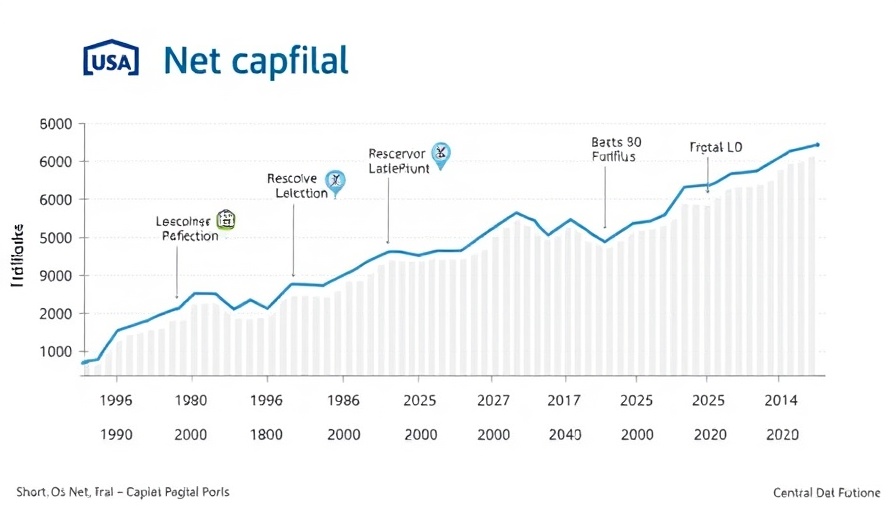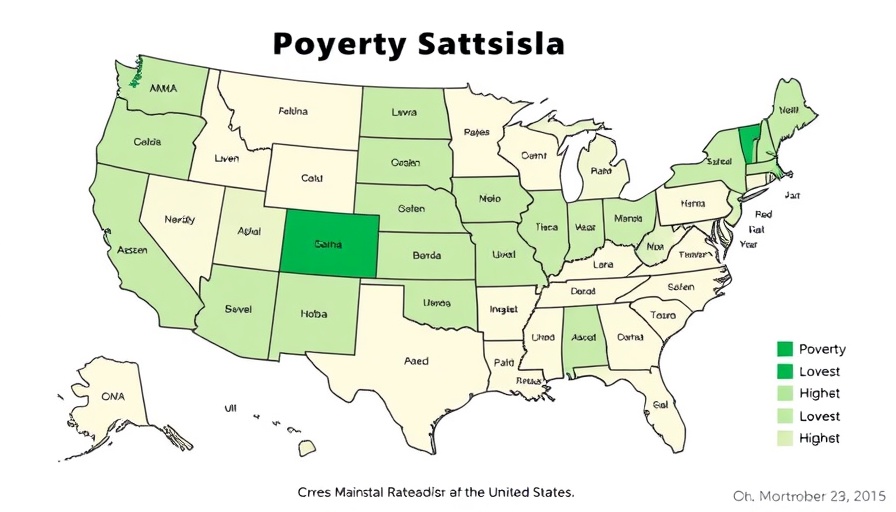
Understanding the Shifts in Economic Thought: The Rise of Modern Monetary Theory
In recent years, the economic discourse in the United States has seen significant shifts, particularly with the rise of Modern Monetary Theory (MMT) as a focal point of debate. Promoted by economists like Stephanie Kelton, MMT posits that governments that control their own currencies can spend freely without the fear of inevitable economic collapse, provided they manage inflation judiciously. This idea presents a radical departure from traditional fiscal constraints that dictate government spending is inherently limited by tax revenue.
Stephanie Kelton: A Leading Voice in Modern Monetary Theory
As an influential economist and public policy expert, Stephanie Kelton’s perspectives have gained traction, especially during the pandemic when governments escalated spending to support economies. Her book, The Deficit Myth, challenges the notion that deficits are inherently harmful, suggesting instead that they can enhance economic stability and growth when invested wisely for public good. Critics, however, warn that this could lead to hyperinflation if not properly controlled.
The Contrarian View: Why Some Economists Question MMT
There is pastoral skepticism among established economists regarding MMT. Critics argue that its principles may oversimplify the complexities of economic management. They posit that such policies could undermine confidence in currency value, resulting in inflationary pressure if public spending is not carefully monitored, echoing concerns from established economists like Paul Krugman. This ongoing debate reveals a significant divided on how best to stimulate economic recovery and future growth.
Inflation: The Test of MMT
As inflation rates rise, the effectiveness of MMT principles is being put to the test. With the global economy currently facing inflationary pressures not seen in decades, the real-world application of MMT remains hotly debated. Can government spending continue to support the economy without triggering uncontrollable inflation, echoing the fears expressed by traditional economic perspectives?
The Implications for Philadelphia's Wealthy Residents
For top wage earners in Philadelphia, understanding the implications of MMT is crucial. As economic policies evolve, the way the government views debt and spending could mean significant changes in tax structures, investment opportunities, and economic stability. Engaging with these discussions may empower residents to make informed decisions about their financial futures as larger structural changes unfold in economic policy.
Call to Action: Engage in Economic Discourse
As debates surrounding MMT and economic policy evolve, it’s essential for high earners in Philadelphia to stay informed and actively engaged. Discussions around fiscal policy impact not only the broader economy but also personal financial strategies. Consider attending local financial forums or investing in educational resources that elaborate on these emerging economic theories and their practical implications.
 Add Row
Add Row  Add
Add 




Write A Comment